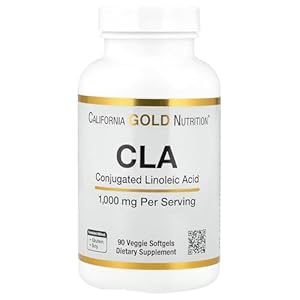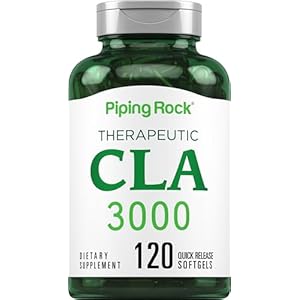
Have you ever wondered how to truly assess the effectiveness of the supplements you’re taking? It might be more than just a hunch or wishful thinking. Understanding the subtle signs and concrete indicators that can reveal the impact of your supplements on your health is crucial. Knowing what to look for and how to interpret changes in your body can provide valuable insights. So, how do you really know if your supplements are working?
Energy Levels
When assessing supplement effectiveness for energy levels, focus on noticeable changes in your daily vitality. Pay attention to how you feel throughout the day. Are you more alert and focused in the mornings? Do you experience a slump in the afternoon that seems less pronounced? These are signs that the supplement may be positively impacting your energy levels. Keep track of your energy levels over time to see if there’s a consistent improvement.
Another aspect to consider is your overall motivation and drive. Are you feeling more inclined to tackle tasks and stay active throughout the day? Increased motivation can be a good indicator that the supplement is supporting your energy levels. Additionally, observe if you’re experiencing fewer energy crashes or if your endurance during physical activities has improved. These changes can indicate that the supplement is effectively boosting your energy levels. Remember, it’s essential to assess these changes over a period of time to accurately determine the supplement’s impact on your energy levels.
Health Markers
To evaluate the effectiveness of supplements on your health markers, focus on tracking changes in key indicators such as blood pressure, cholesterol levels, and overall well-being. Monitoring your blood pressure regularly can give you insight into how your supplements may be impacting your cardiovascular health. If you notice a decrease in blood pressure readings over time, it could indicate a positive effect.
Similarly, keeping an eye on your cholesterol levels is crucial. Supplements like omega-3 fatty acids or plant sterols are known to help maintain healthy cholesterol levels. Improvements in these levels could suggest that your supplements are working as intended.
In addition to these specific markers, paying attention to your overall well-being is essential. Notice any changes in your energy levels, mood, or general health. Feeling more energetic, upbeat, and experiencing fewer health issues could all be signs that your supplements are positively influencing your health. Remember to consult with your healthcare provider for a comprehensive evaluation of your health markers and the impact of supplements.
Symptom Improvement
Monitoring changes in your symptoms can provide valuable insights into the effectiveness of the supplements you’re taking. Paying attention to how you feel can indicate if the supplements are positively impacting your health. For instance, if you’ve been struggling with fatigue and notice an increase in your energy levels after starting a new supplement regimen, it could be a sign that the supplements are working for you. Similarly, if you’ve been experiencing joint pain and begin to feel relief or improved mobility, it may be attributed to the supplements you’ve incorporated into your routine.
Other symptoms to monitor include changes in mood, digestion, skin health, and overall well-being. Keep track of any improvements or alleviation of discomfort you experience after starting the supplements. Remember that everyone’s body is different, so the timeline for noticing improvements can vary. If you consistently observe positive changes in your symptoms over time, it’s likely that the supplements are playing a role in enhancing your health.
Lab Test Results
Paying attention to changes in your lab test results can provide valuable insights into how the supplements you’re taking are impacting your health. Regular monitoring of relevant biomarkers such as vitamin levels, cholesterol, blood sugar, and inflammatory markers can help track the effectiveness of your supplements. For instance, if you have been taking vitamin D supplements, a blood test showing increased vitamin D levels can indicate that your supplementation is working as intended.
Lab results can also reveal any potential imbalances or deficiencies that may require adjustments to your supplement regimen. If you notice improvements in your lab values after starting a new supplement, it suggests that the product is positively influencing your health. Conversely, if there are no changes or if the results worsen, it may be time to reevaluate your supplement choice or dosage.
Supplements














